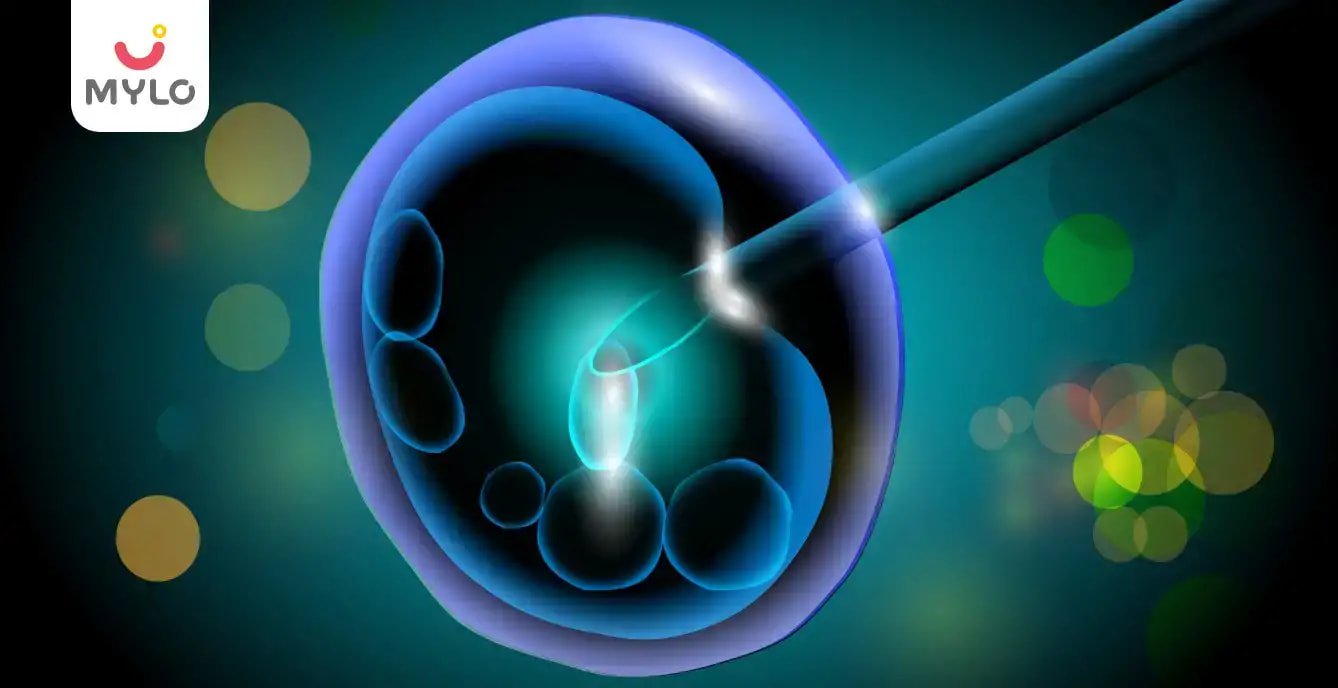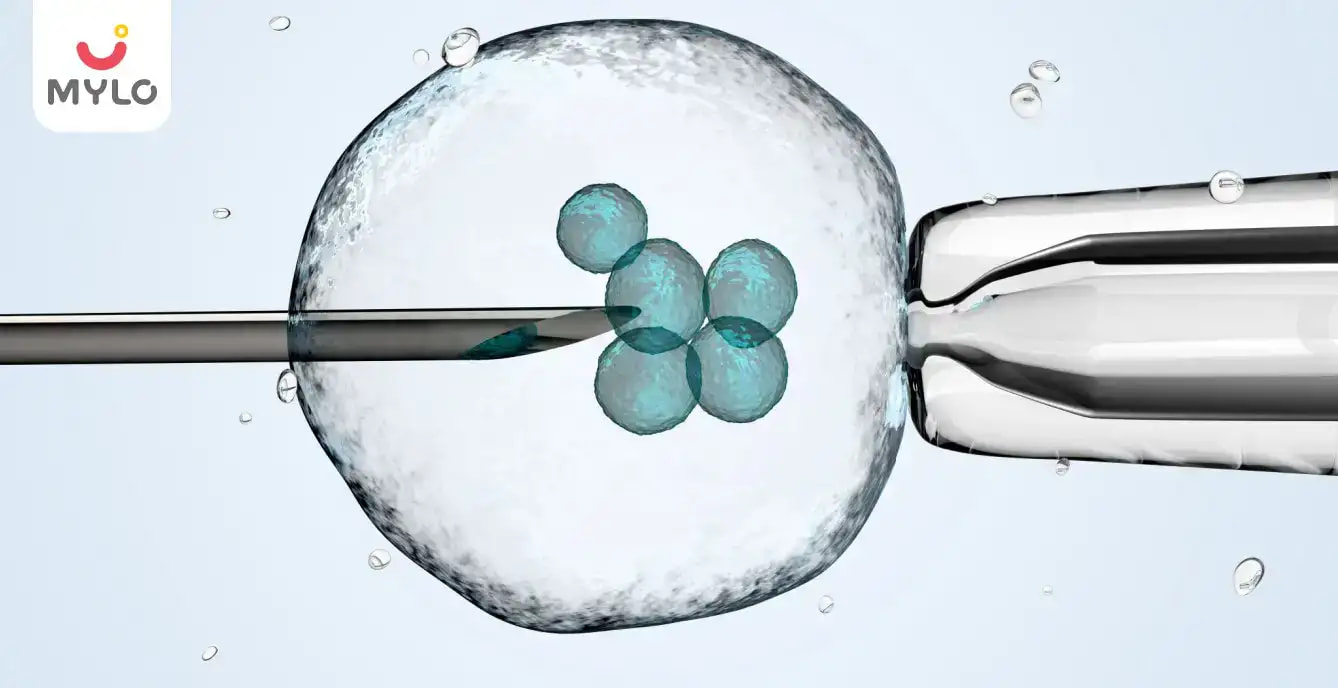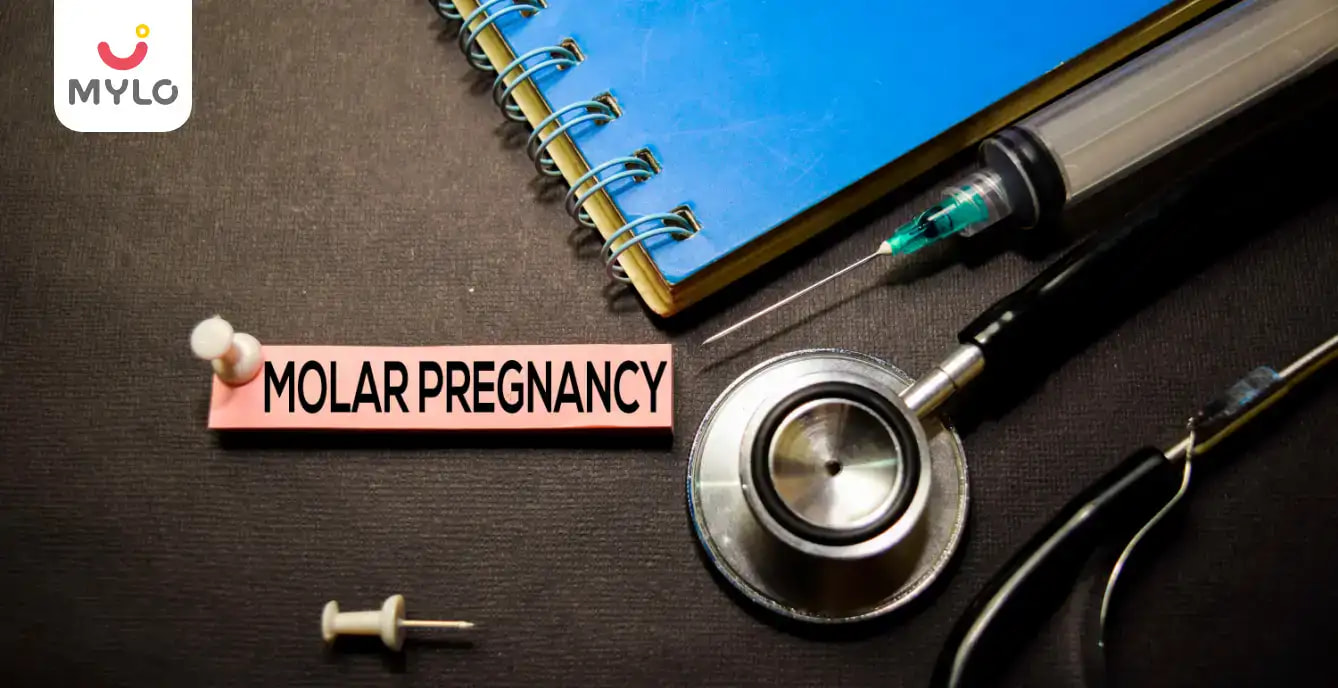Home

In Vitro Fertilization (IVF)

Implantation Failure Symptoms and Reasons: How to Identify and Address Them
In this Article

In Vitro Fertilization (IVF)
Implantation Failure Symptoms and Reasons: How to Identify and Address Them
Updated on 3 November 2023
Implantation failure can be a frustrating and emotionally challenging experience for couples trying to conceive. It refers to the inability of a fertilized embryo to implant and establish pregnancy in the uterus successfully.
While it is a complex issue with various factors at play, understanding implantation failure symptoms and implantation failure reasons behind implantation failure is crucial for identifying and addressing the underlying causes. We will also discuss strategies to identify and address these issues to improve the chances of successful implantation and pregnancy.
What is Implantation Failure?
Implantation failure refers to the inability of a fertilized embryo to implant and establish a pregnancy in the uterus successfully. After fertilization, the source undergoes a journey through the fallopian tubes and eventually reaches the uterus, where it needs to attach to the uterine lining (endometrium) for successful implantation. However, in some cases, this process fails to occur or is disrupted, leading to implantation failure.
What are the Common Implantation Failure Symptoms?
Here are some common symptoms that individuals experiencing implantation failure may encounter:
-
Abnormal bleeding
-
Recurrent early pregnancy loss
-
Lack of typical early pregnancy symptoms
It's important to remember that these symptoms are not exclusive to implantation failure and can be caused by various other factors. Consulting with a healthcare professional, such as a reproductive endocrinologist or fertility specialist, is crucial for accurate diagnosis and appropriate management.
What are the Reasons for Implantation Failure?
Some common implantation failure reasons are:
-
Uterine abnormalities like uterine fibroids, polyps, scar tissue (adhesions), or a septum
-
Hormonal imbalances
-
Genetic abnormalities in the embryo or the parents can contribute to implantation failure.
-
Some individuals may have immune system responses that interfere with successful implantation.
-
Polycystic ovary syndrome (PCOS) or diminished ovarian reserve can contribute to difficulties in achieving and maintaining pregnancy.
-
Abnormal sperm parameters (count, motility, morphology) can affect fertilization and the embryo's ability to implant correctly.
-
Age-related factors
-
Certain lifestyle choices, such as smoking, excessive alcohol consumption, drug use, or poor nutrition, can fail implantation.
Is Recurrent Implantation Failure Common?
Recurrent implantation failure, which refers to the inability to achieve successful implantation after multiple embryo transfer attempts, is relatively uncommon but can be a challenging and distressing experience for couples undergoing fertility treatments.
The occurrence of repeat implantation failure can be influenced by various factors, including maternal age, the quality of embryos transferred, uterine abnormalities, genetic factors, hormonal imbalances, immune system dysregulation, and lifestyle factors. These factors can interact and contribute to the difficulties in achieving successful implantation.
What are Some Common Recurrent Implantation Failure Causes?
Recurring implantation failure can have various underlying causes, and identifying these causes is essential for developing an appropriate treatment plan. While the specific reasons may vary among individuals and couples, here are some common factors that can contribute to it:
-
Uterine abnormalities
Structural issues with the uterus, such as uterine fibroids, polyps, a uterine septum, or scar tissue (adhesions), can interfere with embryo implantation.
-
Genetic abnormalities
Genetic abnormalities in either the embryo or the parents can contribute to recurrent implantation failure.
-
Hormonal imbalances
Hormonal imbalances, particularly progesterone, and estrogen, can affect the receptivity of the endometrium and make it challenging for embryos to implant successfully.
-
Immunological factors
Dysregulation of the immune system can impact the implantation process. Conditions such as antiphospholipid syndrome or certain autoimmune disorders can increase the risk of implantation failure.
-
Ovarian dysfunction
Irregular ovulation, poor egg quality, or diminished ovarian reserve can contribute to repeat implantation failure.
-
Male factor issues
Male factors, such as abnormal sperm parameters (count, motility, morphology), can impact the fertilization process and the embryo's ability to implant correctly.
-
Age-related factors
Advanced maternal age is associated with a higher risk of recurrent implantation failur.
-
Lifestyle factors
Certain lifestyle choices, such as smoking, excessive alcohol consumption, drug use, or poor nutrition, can negatively impact fertility and increase the risk of recurring implantation failure.
What are the Diagnostic Tests for Implantation Failure?
If you observe any implantation failure symptoms, it’s important to seek timely medical attention. Here are some standard diagnostic tests that fertility specialists may consider:
-
Hormonal assessments
-
Ultrasound imaging
-
Hysteroscopy
-
Genetic testing
-
Immune system assessments
-
Semen analysis
Is There a Treatment for Recurrent Implantation Failure?
Yes, there are various treatment approaches available for repeat implantation failure, such as:
1. Hormonal therapy
In cases where hormonal imbalances are identified, hormone replacement therapy or supplementation may be prescribed to optimize the hormonal environment for successful implantation.
2. Uterine preparation and correction of abnormalities
If uterine abnormalities such as fibroids, polyps, adhesions, or a uterine septum are identified, surgical interventions like hysteroscopy or laparoscopy may be recommended to remove or correct these issues.
3. Genetic testing and embryo selection
Preimplantation genetic testing (PGT) can be performed on embryos before transfer. PGT helps identify chromosomally normal sources, reducing the risk of implantation failure.
4. Immunological interventions
In cases where immune system factors contribute to recurrent implantation failure, immunological treatments may be considered.
5. Assisted reproductive techniques
In vitro fertilization (IVF) can be utilized in cases of recurrent implantation failure. IVF involves the retrieval of eggs, fertilization in the laboratory, and the transfer of resulting embryos into the uterus.
6. Endometrial receptivity treatment
Endometrial receptivity analysis (ERA) can guide the timing of embryo transfer for individuals with a displaced window of implantation.
7. Lifestyle modifications
Adopting a healthy lifestyle can positively impact fertility and increase the chances of successful implantation.
How to Prevent Implantation Failure?
While it's not always possible to prevent implantation failure entirely, there are specific steps you can take to optimize your chances of successful implantation like:
-
Maintain a healthy lifestyle: Adopting a healthy lifestyle can positively impact fertility and increase the likelihood of successful implantation.
-
Avoid harmful substances: Avoid smoking, excessive alcohol consumption, and drug use, as these can adversely affect fertility.
-
Manage underlying health conditions: If you have any underlying health conditions, such as polycystic ovary syndrome (PCOS), thyroid disorders, or diabetes, work closely with your healthcare provider to manage these conditions effectively.
-
Address uterine abnormalities: If you have been diagnosed with uterine abnormalities like fibroids, polyps, or a uterine septum, consult with a fertility specialist to discuss appropriate interventions.
-
Follow recommended fertility treatments: If you are undergoing fertility treatments such as in vitro fertilization (IVF), follow the recommendations and protocols provided by your fertility specialist.
It's important to note that implantation failure can still occur due to factors beyond your control.
Key Takeaways
In this article, we learned about implantation failure symptoms and discussed effective strategies to combat the issue of recurrent implantation failure at bay. It is important to remember that we can only maneuver the controllable and can hope for the best.
References
Günther, V., Otte, S. v., Freytag, D., Maass, N., & Alkatout, I. (2021). Recurrent implantation failure – an overview of current research. Gynecological Endocrinology
Ma, J., Gao, W., & Li, D. (2023). Recurrent implantation failure: A comprehensive summary from etiology to treatment. Frontiers in Endocrinology



Written by
Madhavi Gupta
Dr. Madhavi Gupta is an accomplished Ayurvedic doctor specializing in Medical content writing with an experience of over 10 years.
Read MoreGet baby's diet chart, and growth tips

Related Articles
RECENTLY PUBLISHED ARTICLES
our most recent articles

Diet & Nutrition
গর্ভাবস্থায় আলুবোখরা: উপকারিতা ও ঝুঁকি | Prunes During Pregnancy: Benefits & Risks in Bengali

Diet & Nutrition
গর্ভাবস্থায় হিং | ঝুঁকি, সুবিধা এবং অন্যান্য চিকিৎসা | Hing During Pregnancy | Risks, Benefits & Other Treatments in Bengali

Women Specific Issues
স্তনের উপর সাদা দাগ: লক্ষণ, কারণ এবং চিকিৎসা | White Spots on Nipple: Causes, Symptoms, and Treatments in Bengali

Diet & Nutrition
গর্ভাবস্থায় পোহা: উপকারিতা, ধরণ এবং রেসিপি | Poha During Pregnancy: Benefits, Types & Recipes in Bengali

Diet & Nutrition
গর্ভাবস্থায় মাছ: উপকারিতা এবং ঝুঁকি | Fish In Pregnancy: Benefits and Risks in Bengali

Diet & Nutrition
গর্ভাবস্থায় রেড ওয়াইন: পার্শ্ব প্রতিক্রিয়া এবং নির্দেশিকা | Red Wine During Pregnancy: Side Effects & Guidelines in Bengali
- ইনার থাই চ্যাফিং: কারণ, উপসর্গ এবং চিকিৎসা | Inner Thigh Chafing: Causes, Symptoms & Treatment in Bengali
- গর্ভাবস্থায় ব্রাউন রাইস: উপকারিতা ও সতর্কতা | Brown Rice During Pregnancy: Benefits & Precautions in Bengali
- Velamentous Cord Insertion - Precautions, Results & Safety
- Unlock the Secret to Flawless Skin: 7 Must-Have Qualities in a Face Serum
- Unlock the Secret to Radiant Skin: How Vitamin C Serum Can Transform Your Complexion
- Gender No Bar: 10 Reasons Why Everyone Needs a Body Lotion
- Unlock the Secret to Radiant Skin How to Choose the Perfect Body Lotion for Your Skin Type
- Top 10 Reasons to Apply a Body Lotion After Every Bath
- Communication in Toddlers: Milestones & Activities
- How to Improve Vocabulary for Toddlers?
- A Comprehensive Guide to Understanding Placenta Accreta
- Vulvovaginitis in Toddlers Causes, Symptoms and Treatment
- A Comprehensive Guide to Understanding Cerebral Palsy in Children
- Bitter Taste in Mouth During Pregnancy: Understanding the Causes and Remedies


AWARDS AND RECOGNITION

Mylo wins Forbes D2C Disruptor award

Mylo wins The Economic Times Promising Brands 2022
AS SEEN IN

- Mylo Care: Effective and science-backed personal care and wellness solutions for a joyful you.
- Mylo Baby: Science-backed, gentle and effective personal care & hygiene range for your little one.
- Mylo Community: Trusted and empathetic community of 10mn+ parents and experts.
Product Categories
Baby Carrier | Baby Soap | Baby Wipes | Stretch Marks Cream | Baby Cream | Baby Shampoo | Baby Massage Oil | Baby Hair Oil | Stretch Marks Oil | Baby Body Wash | Baby Powder | Baby Lotion | Diaper Rash Cream | Newborn Diapers | Teether | Baby Kajal | Baby Diapers Pants | Cloth Diapers | Laundry Detergent | Lactation Granules |








